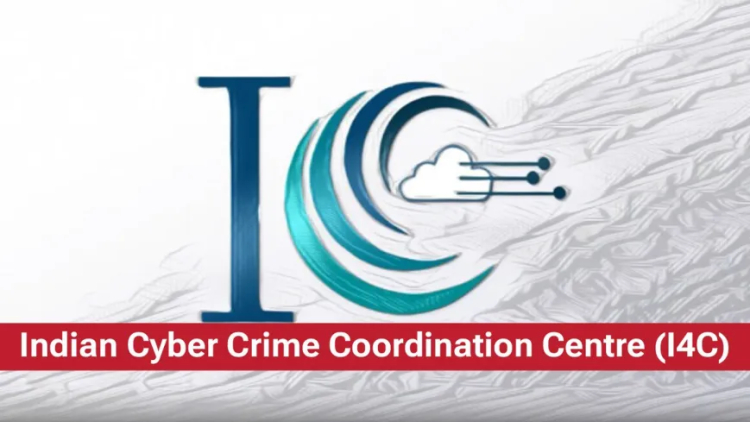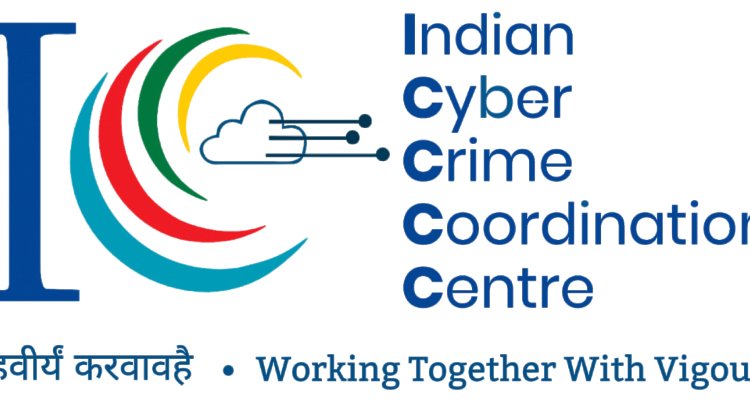Enforcement Directorate Takes Action Against "Pig-Butchering" Fraud After Exposing an Investment Scam
After Prime Minister Narendra Modi called for vigilance against "digital arrests," Indian police are taking a firm stand against cybercrime. Eight people were recently charged by the Enforcement Directorate (ED) with planning a massive investment scheme.

After Prime Minister Narendra Modi called for vigilance against "digital arrests," Indian police are taking a firm stand against cybercrime. Eight people were recently charged by the Enforcement Directorate (ED) with planning a massive investment scheme.
The defendants reportedly utilized promises of profitable initial public offerings (IPOs) and stock market gains to entice gullible victims. They used social media manipulation and phony mobile applications as part of their dishonest strategies. These so-called "pig-butchering" schemes target investors by imitating real financial organizations through phony websites and WhatsApp groups.
The ED investigation revealed a highly skilled network of cybercriminals who used deceptive advertising and fake success stories to gain the trust of their victims. After being convinced, victims were enticed to make large financial investments.
In an unsettling turn of events, several victims fell victim to a fraud known as "digital arrest." Threatening them with involvement in illicit activities, scammers posed as law enforcement officers, including as Customs or CBI agents. The victims were coerced into sending money to the scammers in order to "regularize" their funds.
To combat this strategy, the Indian Cyber Crime Coordination Centre (I4C) has released a public advisory. They caution the public of video calls purporting to be from law enforcement. The I4C encourages consumers to report such attempts right away by using the online portal or national cybercrime helpline.
Based on several police reports, the ED investigation identified 24 shell businesses engaged in the laundering of an estimated Rs 159 crore and resulted in the arrest of eight people. The charging document describes the accused's complex plan, which included using multiple SIM cards connected to fictitious businesses and bank accounts. These co-working space-registered sham companies, which had no actual business operations, were utilized to transfer and hide illicit funds.
A complicated money laundering scheme including transfers between "mule" accounts, cryptocurrency conversion, and additional international transactions was uncovered by the investigation. Important individuals in the syndicate have been identified, such as those in charge of hiring, setting up shell companies, and managing bank accounts.
To prove that these people were involved in a national cybercrime money laundering scheme, the ED has gathered a significant amount of evidence, including financial records and communication data. This instance is a clear reminder of how cybercrime is constantly changing and how crucial it is to be on guard when using the internet.
Follow cyberdeepakyadav.com on
Facebook, Twitter, LinkedIn, Instagram and YouTube
What's Your Reaction?























